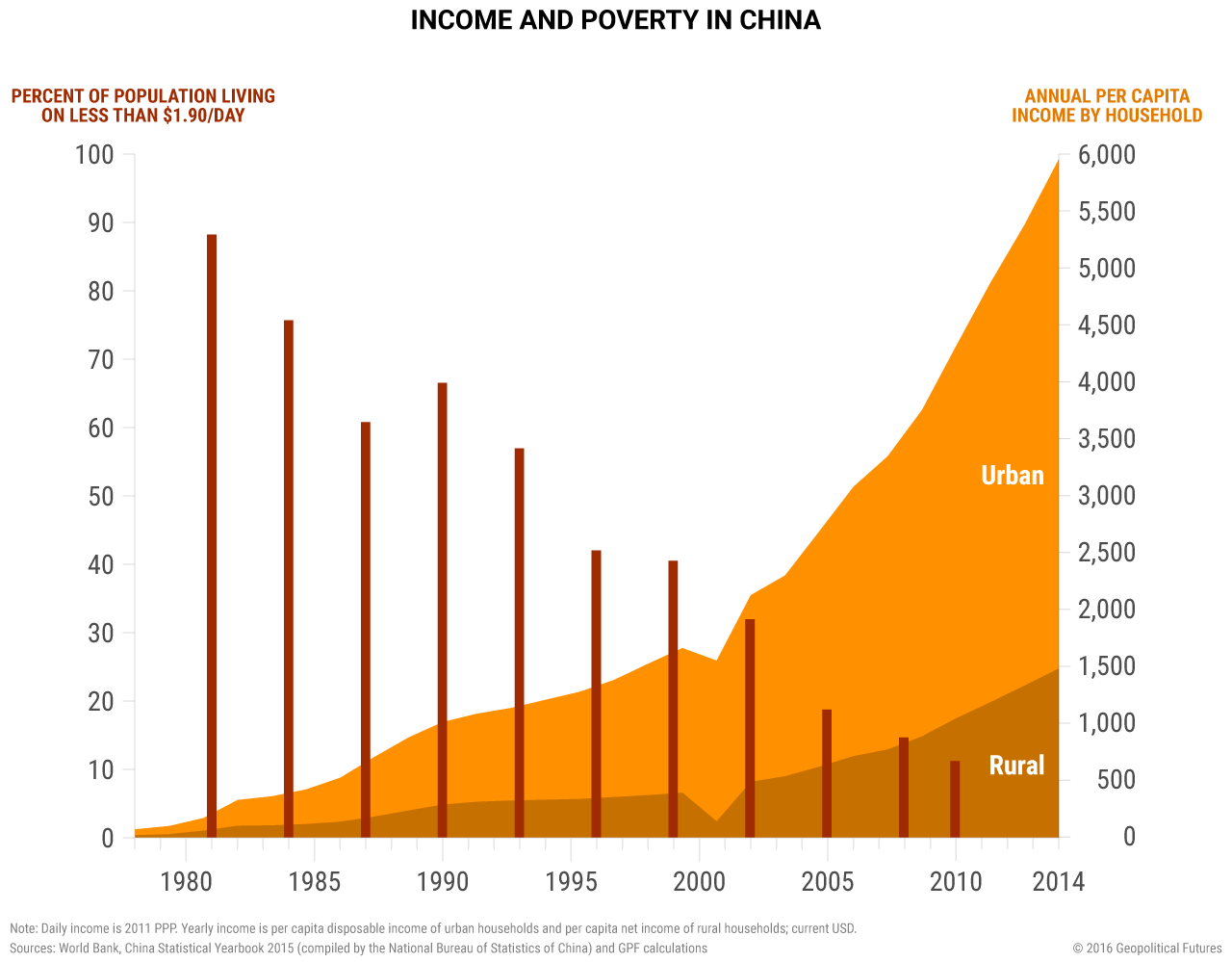 |
| "You have stolen my dreams and my childhood with your empty words." Picture credit; Caption credit |
Last February my wife and I visited the Philippines. We flew business class on Japan Airlines and stayed in 4-star hotels. We hired cars to travel around Manila, foregoing public transportation. We dined in nice restaurants, some expensive even by New York standards. A low-cost, eco-friendly, carbon-neutral vacation this was not.
Surely some wiseguy could have published a photo of me sleeping on my lie-flat, business-class seat, paired with street urchins sleeping on sidewalk mats along Mabini street in Manila. The injustice of it all! How could I?
 |
| A homeless child in the streets of Manila in 2014 (Source) |
I don't begrudge Greta Thunberg her first-class train ticket (or so it looks to me). Nor am I offended by her vegan(?) lunch--downright spartan compared to mine in Manila. I'm not bothered by her air travel to the U.N. meeting in New York, even though she probably flew business class (or even first class). That her audience all made similar arrangements to attend her talk is also not an important concern.
What disturbs is not the facts themselves, but rather the hypocrisy of it all. Terry Evans, in a feature article in The Militant, understands that much.
Almost all the proposals bandied about amounted to one thing — working people have to sacrifice to save the world. Give up your car, no more air travel, only plant-based food at McDonald’s, and the like.
[UN General Secretary] Guterres demanded no new coal plants be built worldwide after 2020. Another U.N. official told countries in Africa “not to get into coal.”
Calls to restrict which kinds of energy sources can be built by governments in the semicolonial world, countries whose development was stunted and distorted by colonial exploitation, amount to a demand that the 840 million people who live without electricity continue to go without. Close to 600 million of those live in rural Africa.
Ms. Thunberg, who with a straight face demands of her audience that they impose draconian restrictions on the rest of us--to reduce our carbon footprint by more than 50%--somehow holds herself exempt from those rules. Unlike me--merely on a luxurious, recreational trip to Manila--she is among the Chosen Elect tasked to Save the Planet. Not only is she Chosen, but so is her audience, made up of diplomats and potentates from around the world.
They may think they're Chosen, but to me it looks like Greta Thunberg and her audience don't really believe their own climate bullshit. I think it's hypocrisy all the way down.
Apart from The Militant, my Trotskyist friends agree with Ms. Thunberg. Here are excerpts from a manifesto issued by the Solidarity Ecosocialist Working Group.
They may think they're Chosen, but to me it looks like Greta Thunberg and her audience don't really believe their own climate bullshit. I think it's hypocrisy all the way down.
Apart from The Militant, my Trotskyist friends agree with Ms. Thunberg. Here are excerpts from a manifesto issued by the Solidarity Ecosocialist Working Group.
While the forests in the Amazon and Congo are in flames, while extreme weather demolishes island countries from the Caribbean to Southeast Asia, while the Great Lakes suffer from both flooding and the spread of algae, politicians and corporations fail to address the climate crisis. So youth around the globe are taking a stand, demanding that we break with the fossil-fuel economy. On September 20 youth are striking for climate justice. We stand with them! ...
We need a “just transition,” one that retools and repurposes manufacturing, replaces the inadequate system of food production and builds communities where people have the right to good, healthy and meaningful work. In short, youth are demanding a future for themselves and for the planet!The magnitude of the problem is grossly exaggerated; the difficulty of the proposed solution is vastly understated. Though at least Trotskyists are not flying around the world in business class.
But this post isn't about climate change. It's about poverty.
My former comrades--including The Militant--all make the same mistake. And not just them: most Democrats share in the error.
It is this. They believe that if people like me didn't take luxurious vacations, then homeless children could live in a better world. The money I (or Greta Thunberg) spend is in their view "wasted," and instead should be used "to meet human needs."
My business class round trip NYC to Manila cost about $4,000. Economy tickets can be had for around a grand.
Consider this:
- Without business class service, about half of all flight attendants would be laid off.
- Economy tickets are partially subsidized by business class passengers, and would be more expensive without them.
- Skilled chefs prepare meals for business class customers (who are willing to pay for them). Absent the premium fare they'd be unemployed.
Our hotel cost about $200/night, about 25% of which was taxes. We stayed for 14 nights.
- We paid for maid, laundry, and front-desk services.
- We got a "free" breakfast (a good one), providing a salary to servers, cooks, and cleaners.
- The hotel had electricity and potable water--I'm sure we paid a premium for those services, subsidizing Manila residents.
- The taxes paid for infrastructure throughout the city.
And beyond that:
- We hired a car and driver nearly every day, paying as much as $200. That pays for the car, the driver, repairs and fuel. In addition to a fuel tax, we paid tolls.
- We ate in restaurants, paying chefs, waitresses, busboys, food and rent.
- My wife did some shopping, buying mostly local products.
- We even patronized a few street vendors.
It's hard to estimate, but I'll hazard that 70% of the $13,000 we spent on the trip was paid out as wages, mostly to Filipinos. The rest went for resources (food, fuel) and profit (maybe 5%). As mentioned, the taxes we paid subsidized the municipal infrastructure, including electricity.
So tell me--would those homeless children be better off if we'd instead stayed home? Of course not! Without tourism the Philippines would be a much poorer place.
And tell me again--would those homeless children be better off if we'd flown coach, stayed in cheap, budget hotels, and lived off street food? Again, no!
There is the old saw:
Give a man a fish, and he eats for a day; teach him how to fish, and he eats for the rest of his life.We didn't teach anybody fishing, but we did something nearly as good. By our custom we helped sustain a viable economy. I estimate we contributed approximately $6,000 toward labor costs in Manila. The median annual household income in the country is about $5,300--we supported a whole family for a year!
I don't expect an award. I did, after all, have an extremely pleasant vacation in the Philippines. But please don't tell me that I don't care about the children.
Suppose, for example, somebody like President Elizabeth Warren or President Jeff Mackler or President Greta Thunberg comes along and says I don't deserve all my money. It becomes impossible for me to travel to the Philippines--and certainly not in business class. Will that make the homeless children of Manila any richer?
Of course it won't. Making rich people poor does not make poor people rich. And that's what all the pro-poverty politicians--especially including my Trotskyist friends--don't understand.
Down with Poverty!
Further Reading:
- Kim Moody on "Persistent Inequalities"
- The Militant Visits Manila
- Louis Proyect and the Pro-Poverty Girl
